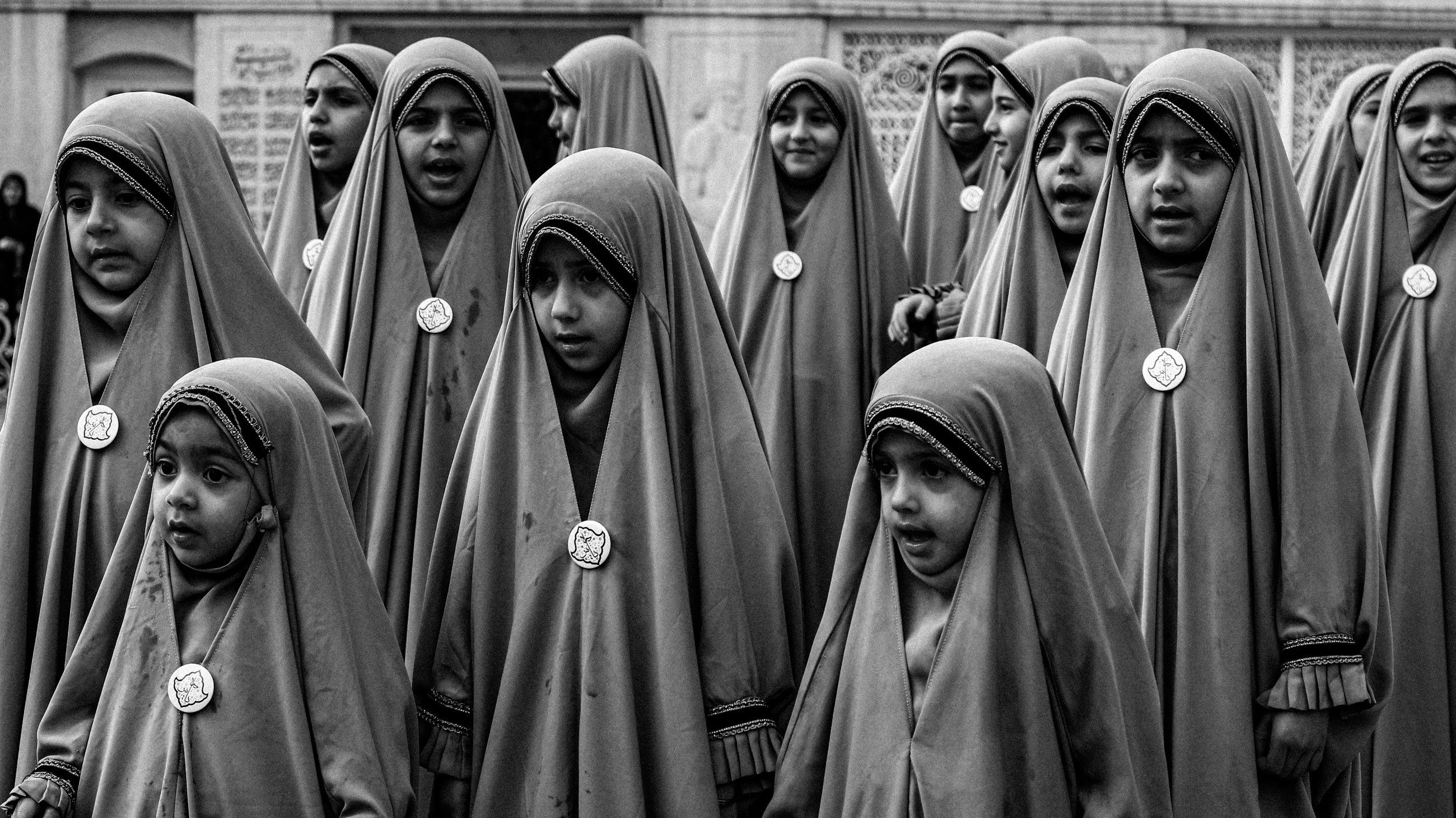In the 1st Warsaw Panzer Brigade, a peculiar centre was established, which trains military personnel from handling drones and utilizing them in tactical activities. There was already a first course in which respective twelve soldiers took part. The culmination of their training was a round-the-clock task of planning the activities of BSP sections and teams, preparing for implementation, carrying out tasks in the field of insurance management, recognition, surveillance, exploration and tracing under the conditions of continuous influence of the BSP section of the opponent.
– civilian BSP (unmanned aircraft) micro-class allows to safely conduct reconnaissance of the site, so the commander gains situation awareness. He is able to carry out effective insurance of the main forces, conduct a reconnaissance of the covered areas, check what is behind the hill or forest, without the hazard of losing his own strength," emphasizes the manager of drone training with 1 BPanc.
The main task is to prepare for activities in the area of implementation of the tasks of the BSP section in all sub-chapters 1BPanc. “We want all company in the Brigade, not only combat companies, but besides support and security, to have soldiers who will be able to effectively usage unmanned vehicles, both in terms of conducting reconnaissance and impact flights,” he explains. The ‘baseline course for the usage of BSP in tactical activities’ takes 5 days. The first day of class is simply a explanation about air law, basics of drone handling, procedures for usage in tactical activities, as well as learning to take off and land. The following days are activities in the field and carrying out reconnaissance tasks of various types of objects and areas. Pilot interaction with the navigator, learning information management, real-time image transmission and interaction of respective sections, specified as the surveillance of an object or the moving opponent. As the course manager explains, the soldiers were grinding techniques and procedures utilized in the Ukrainian conflict and performing tasks from hidden, masked positions.
The course ends with a 24-hour task. Soldiers leave before dawn and occupy their assigned positions. By morning they should be ready to conduct the examination. Until then, they gotta plan the task, do a reconnaissance of the area, prepare their positions. In the hard-to-access area, they were besides forced to walk – in hiding. And that's just the beginning. They must have detected the enemy and his aggravating actions and led surveillance of designated roads, objects, areas or moving enemy columns. – Divided into sections they had to work together so as not to lose sight of the object – explains the course manager. This is important, for example, erstwhile you gotta change batteries in the drone. The soldiers were besides to follow the enemy's forces and search the area to detect the enemy's reflection stations, the infantry replacing the area and the diversional-disposal groups into which the groups of appearances took place. During this task, it was assessed how the battleships planned the escape route, how they manage the energy and whether they transmit information about the moving opponent rapidly enough. – For us, it is not only crucial to detect the enemy itself, but besides to have the information go to the commander immediately and to keep it up-to-date," says the trainer.
The plans include further training, including the course of construction and operation of BSP FPV or the combat usage of BSP FPV. On the another hand, the "BSP FPV pilot basic course" is presently underway. These are alleged unmanned racing – larger and harder to pilot than civilian ones, but they besides have greater abilities. They are able to carry a burden of respective kilograms over a twelve kilometres. They decision at a velocity of up to 150 km per hour. They are utilized to fly kamikazes, discharges of combat loads or transportation of loads for their own forces. The BSP FPV of its own construction allows for the selection of components that will meet the requirements of a peculiar battlefield.
The course manager emphasizes that the hotel in Wesoła is not only to be the place of organizing training for the individual. “We want it to be a place where experts from various institutions and environments, including civilian ones, can exchange cognition and experience. We should all have 1 goal, namely to increase the effectiveness of the Polish Army and to increase the chances of the soldiers to survive," he emphasises.


![Nie spodobało się, iż nazwałam się imamką [Rozmowa z Seyran Ateş]](https://cdn.oko.press/cdn-cgi/image/trim=398;0;424;0,width=1200,quality=75/https://cdn.oko.press/2025/08/AFP__20170728__R207J__v1__HighRes__GermanyFranceReligionIslamMosque.jpg)
